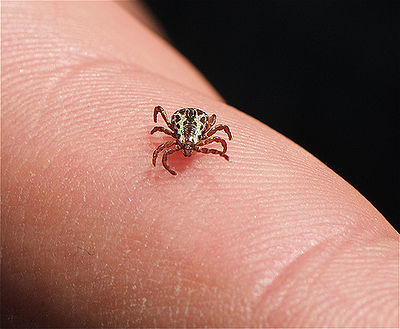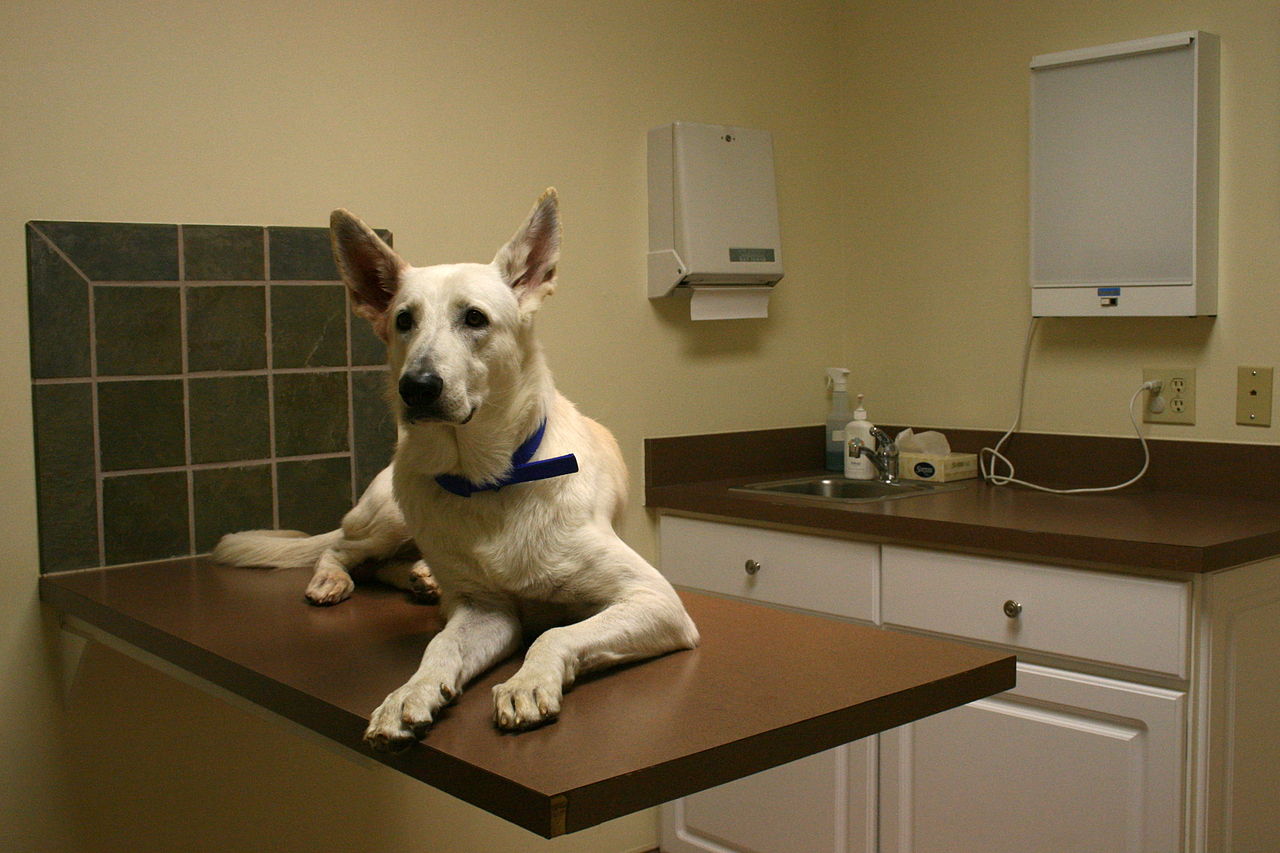 |
- Lice – There are 2 types, biting lice and sucking lice, neither of which spread to cats or humans. Check with your vet as to treatment.
- Fleas – Fleas can cause skin irritation and sometimes allergic reactions in dogs and cats. They can also act as intermediaries for other parasites such as tapeworms. Today there are many products available to ensure your dog will be flea-free.
- Ticks – The tick, related to the spider, sticks its mouth through the skin of the dog or cat and sucks its blood. Ticks carry Lyme Disease, Rocky Mountain Spotted Fever and diseases affecting blood cells such as Ehrlichiosis. As with fleas, there are products available today to kill ticks. Some are even combined with flea-killers. How to remove a tick – If possible, dab it with alcohol, wait a couple of minutes, using a tweezer, grab near the mouth and pull it off. Do not twist, pull the tick straight up. Applying an antiseptic or antibiotic ointment to the spot should prevent any infection. Ticks often feel like warts or other skin growths and nipples. Check suspected ticks with a magnifying glass. Pour 3% hydrogen peroxide on the bite area or use an eyedropper to limit bleaching the fur. Keep the peroxide away from the eyes. The different types of ticks are spreading out their territory, so be on guard. Opossums, the only marsupial native to North America, may win the title of one pets and humans best friends. They consume up to 95% of all ticks including the ticks that carry Lyme disease. Ticks can be a year-round threat, particularly when winter is mild. In very cold or freezing weather ticks lie dormant until it warms up a bit. So be on the watch for ticks all year.
- Mosquitoes – These nasty biters carry the heartworm and can transfer it to dogs and cats as well. Before giving a preventive, have your dog tested for heartworm. Many of the flea and tick products also deter mosquitoes.
- Heartworms – In the US, heartworm is transmitted by mosquitoes and fleas. Your vet has products to avoid your dog getting heartworm. If you suspect an infestation, see your vet immediately. The treatment is difficult and must be administered by a vet. Puppies and kittens are not born with heartworm immunity. Check with your vet when to begin treatment. Nosodes (homeopathic vaccines) along with Paratox (multi-nosode remedy) has been successful in preventing heartworm. Humans cannot catch heartworm from pets nor is it transmittable from one pet to another. It is rare for humans to get heartworm, it does not survive in the human body and may only leave a benign lung lesion. Heartworm is found in all 50 States of the U.S. It’s very important heartworm preventive year round and not skip any monthly application.
- Biting and Stinging Insects – If you suspect your dog has been bitten or stung by bees, wasps, spiders, yellow jackets, etc. and shows an allergic reaction, consult your vet immediately.
Preventing these parasites from taking hold on your pet is very important. Check your pet daily by running your hands or a comb through the coat. Carefully remove any parasite present and destroy it. Please read our article on how to prevent parasites in your home and garden the safe way.



